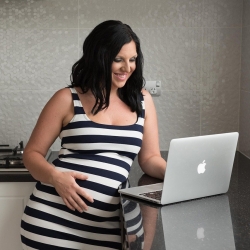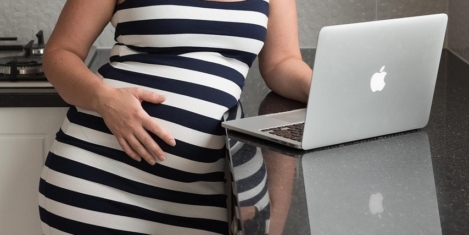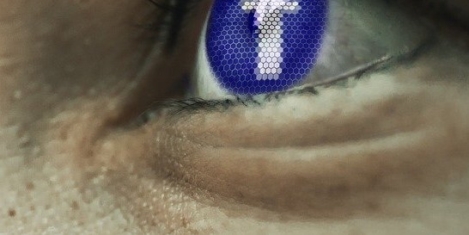March 20, 2020
How important is it to be happy at work?
 How supportive are you of your employees’ wellbeing? New research from CV-Library claims that two-thirds of Brits (61.7 percent) say being happy at work is the most important part of a job, but 87.9 percent feel their employer could do more to improve morale in the workplace.
How supportive are you of your employees’ wellbeing? New research from CV-Library claims that two-thirds of Brits (61.7 percent) say being happy at work is the most important part of a job, but 87.9 percent feel their employer could do more to improve morale in the workplace.
What’s more, the study, which surveyed 2,300 UK professionals, suggests that Brits think being happy is more important than salary (22.1 percent) and location (15.5 percent) when it comes to work. Interestingly, being happy in their job was also more important for women (66.4 percent) than men (58.7 percent), as well as for 55-64-year olds (66.9 percent) and 45-54-year olds (64.8 percent). More →
















 According to the latest survey from
According to the latest survey from 

















March 24, 2020
A shift in the workplace axis might be a welcome outcome of this crisis
by Luke Munro • Comment, Wellbeing, Workplace design